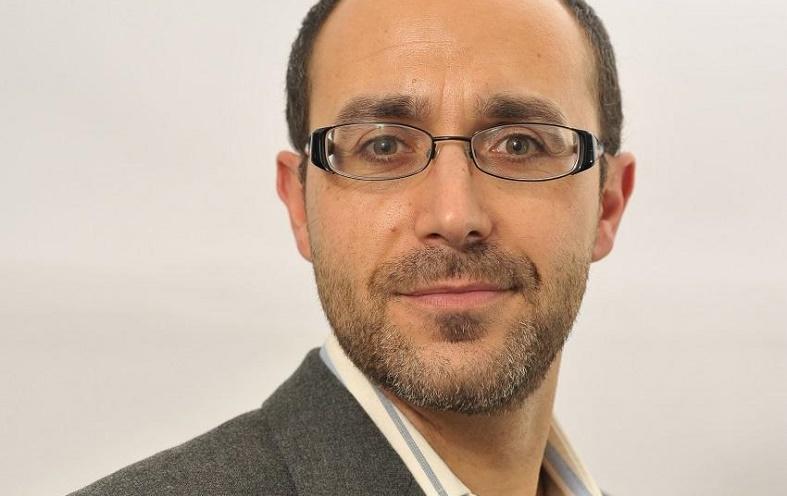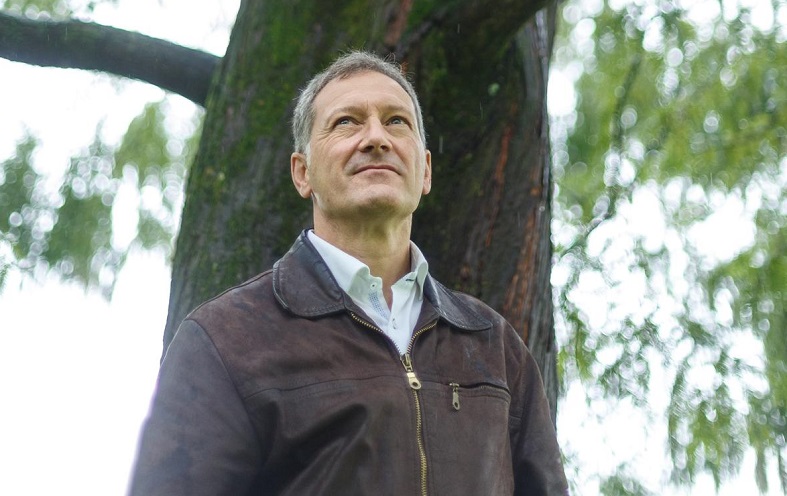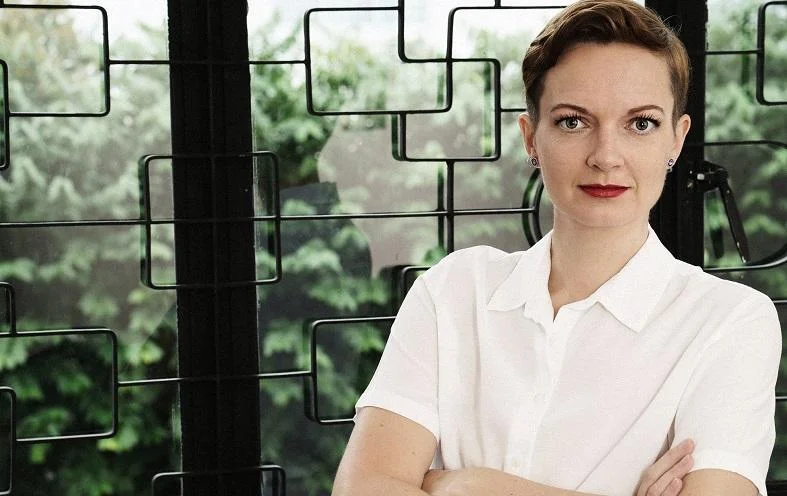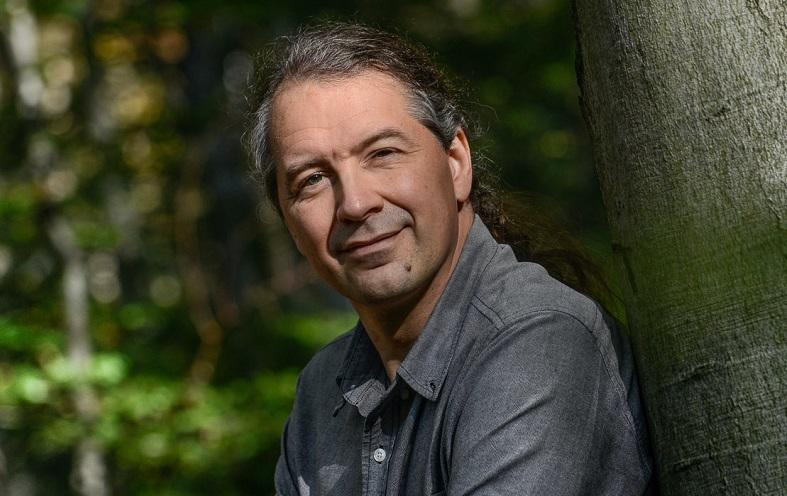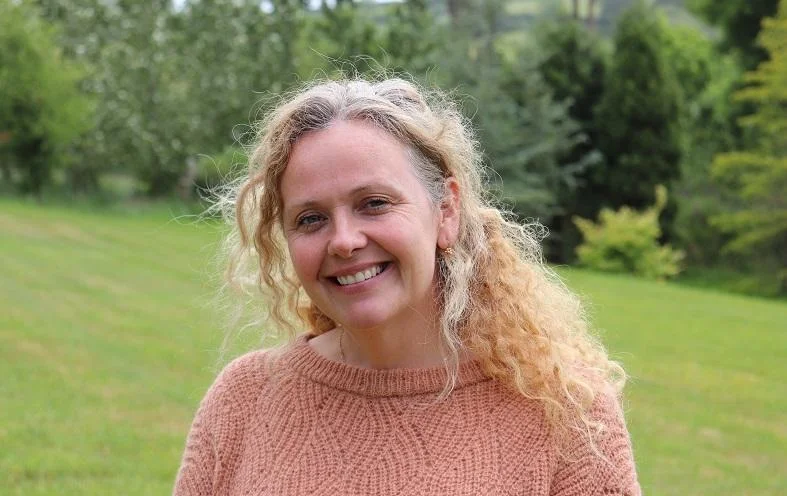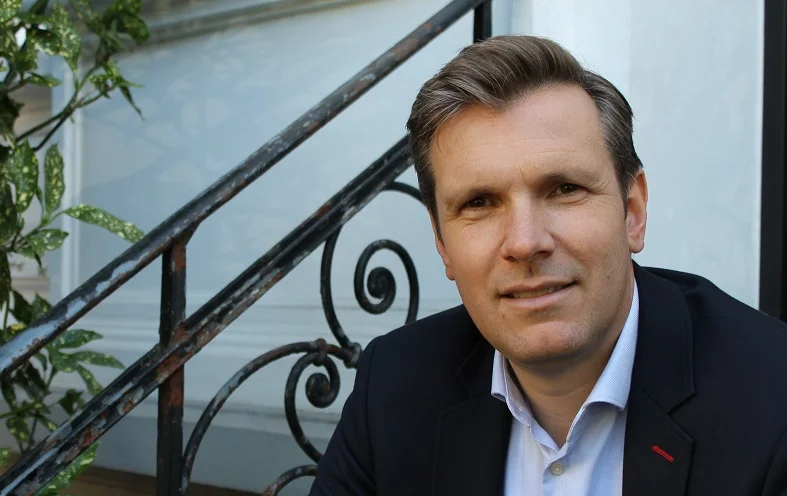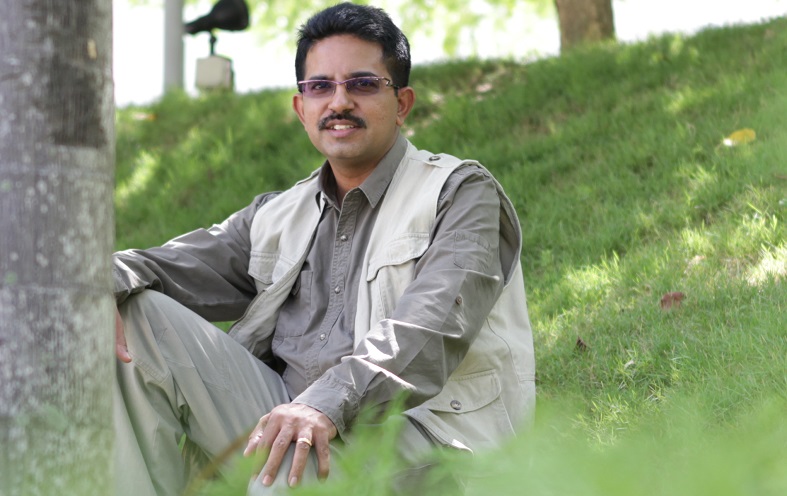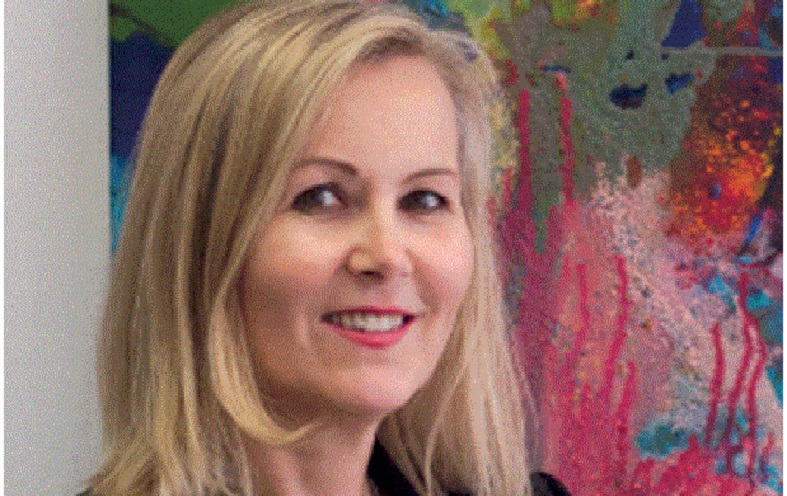Xavier Font, Professor of Marketing and Sustainability at the University of Surrey in the UK, in this interview reflects on his academic and consulting career, where he sees the main sustainability challenges and opportunities, and how tourism businesses and destinations should (not) communicate their sustainability initiatives.
Learn about:
- How Xavier Font’s view of sustainability and tourism changed over time;
- His key insights as sustainable tourism researcher and consultant;
- Where he sees the main challenges – and opportunities – for sustainability in tourism;
- Xavier Font’s recommended books;
- In which parts of the world he sees most momentum for sustainable tourism;
- His thoughts on the future of sustainable tourism research;
- The most important aspects when communicating sustainability initiatives;
- What you should always and never do when telling your sustainability story;
- Most important academic journals for sustainable tourism scholars.
Xavier, what was your view of sustainability and tourism when you first started your professional career?
Brought up in the Costa Brava, north of Barcelona, I remember thinking “there must be another way” better than mass tourism. I thought of sustainability as an alternative form of tourism, very different from what I could see on a daily basis impacting negatively on our landscape.
Now at the beginning of 2015, what has changed?
I have come to realise that every type of tourism product must be more sustainable, and that all companies must take responsibility for it. But I no longer think sustainability is a niche, a highly different product, but I see it as a journey. Focusing on the niche aspect allows the big players to get away with murder.
Your main insights from working as sustainable tourism researcher and advisor?
I believe most of us are driven by routines and easy choices – we don’t intend to be unsustainable as consumers or suppliers of tourism services, just as we don’t intend to get fat from eating the wrong things. Purposefully asking individuals to change their behaviour will only affect a small percentage of the population.
An alternative approach is needed to help most people consume more sustainable products, based on making their daily choices easy. This also means that suppliers of tourism services need to learn to redesign their products thinking of sustainability as part of quality management.
Do you share the view that sustainability has become mainstream?
Not enough, in my view. We are going in that direction, slowly. We have an increasing share of sustainable consumption – buying products that happen to be more sustainable, because the sustainable supply chain management of international firms are going that way. This has to be good, but quite often customers are not aware that their tea, chocolate, timber or clothing are made with sustainable products. So that’s not enough.
What is missing is the next step, sustainable consumerism – the old idea that customers will choose products because they are sustainable. I don’t see that segment growing that fast.
The compromise is getting customers to be aware that a product is better for them, that it is of higher quality, because it is in some way sustainable. The purists would say this is selling your soul, though. I think it is living in a market economy.
Where do you see the main challenges for sustainability?
We need to move away from subsidies and demonstration projects that are often not financially viable, and incorporate sustainability in the processes of production and consumption – UNEP has been working on that line for a few years now, for example.
But then, the environmental engineers need to work with the marketing and consumer behaviour teams to design products that customers want to buy, not just what is technically feasible. And the marketing people need to learn how not to greenwash. I despair every time I read an environmental policy because most are rubbish, frankly.
Where are the main opportunities?
In the marketing of sustainability as a normal product, implicitly sold as more quality.
In which regions of the world do you see most interest and momentum for sustainability and sustainable tourism?
I see pockets in different places in the world. I know Europe better, of course, where I would like to think that both large and small companies are more aware of their responsibilities, and some of them are doing a great job.
Which has been your favourite tourism, travel or sustainability book in 2014? And which books are on your reading list for 2015?
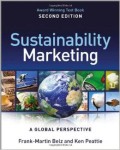
 I enjoyed Sustainability Marketing: A Global Perspective by Frank-Martin Belz and Ken Peattie. It is no longer new, but it is still the best for this topic.
I enjoyed Sustainability Marketing: A Global Perspective by Frank-Martin Belz and Ken Peattie. It is no longer new, but it is still the best for this topic.
I am now reading Daniel Dennett’s Intuition Pumps And Other Tools for Thinking because I need to read widely to find my inspiration.
Why did you decide to set up respondeco and work as a consultant alongside your lecturing career?
Because I saw a gap in the market when analysing the poor communication practices we saw. In close to 100 interviews of sustainability awarded companies, we found hardly any made conscious use of their sustainability effort to market their products, and when they did so, it was too blunt or too obvious. There was no understanding of persuasive communication applied to sustainability.
Then VisitEngland contracted me to write the manual Keep It Real, and this has now grown into a business.
We have now run over 60 courses in several countries, and analysed hundreds of websites, and we find companies really need to learn how to communicate the fun and quality behind sustainability.
In a recent study, we found the more sustainable companies only communicate 30% of what they do – we call this greenhushing, that is purposefully keeping quiet about what you do because you think customers will not care.
In your view, where is sustainable tourism research and academia headed?
Good question. My concern is that research effort is not optimised, because it is driven by personal agendas rather than societal needs. So all too often, I fear that sustainability research is really going nowhere. At least nowhere that has an impact on society. Compare it with medical research, would you really start a project there that didn’t have a very specific, needs-based focus?
Sustainability research: “We need fewer publications but with more substantial evidence and societal impact.”
Which academic journals do you think are the most important for emerging sustainable tourism scholars and students?
The Journal of Sustainable Tourism of course, but then a wide range of tourism and hospitality journals cover this field: Tourism Management, International Journal of Hospitality Management, Annals of Tourism Research, Tourism Geographies, for example.
Sustainable vs. responsible tourism – where to draw the line?
Simple: responsibility is the process and attitude, sustainability is the goal. Nobody is sustainable, but I don’t want to do business with someone who is irresponsible.
Which are the most important aspects when communicating sustainability in tourism?
Put the customer at the centre of the sustainability experience, and tell them how they will have more fun. But do it honestly and without exaggeration.
What should tourism businesses and destinations never do in terms of communication?
Be boring, speak to the environmental police. Your customers are not members of Amnesty International and Green Peace that will go out of their way to buy green, they are normal people who have busy lives and want to get good value for money for their holidays.
What communication approach does respondeco suggest?
Incorporate sustainability into your usual marketing practices, by making sustainability look normal. Remember that communicating you are sustainable isn’t the objective, but to use it as a tool to make customers act in a certain way, be it book with you, change their behaviour, or simply feel more satisfied with the choices they were already going to make.
Use every channel possible, and remember you communicate all the time, not just to first time customers before booking.
Any sustainability communication success stories you’d like to share?
There’s this business I visited in Wales that had said on their bedroom browser that due to past customer complaints of being cold, now they had insulated their roof. I was worried about already. I asked at reception what they had insulated with, and they said sheep’s wool.
I asked if the sheep were from Wales, and they pointed out of the window and said, “our own flock, out there”. So I rewrote the message for them “Our 300 sheep you see out of the window gave away their winter woolly coats to insulate our roof and keep you warm at night. Sleep tight”. They tell me customers now ask if they can buy wool for their own lofts.
Thank you, Xavier.
Connect with Professor Xavier Font on LinkedIn.
Enjoyed our interview with sustainable tourism communication expert Xavier Font? Share and spread the word!

